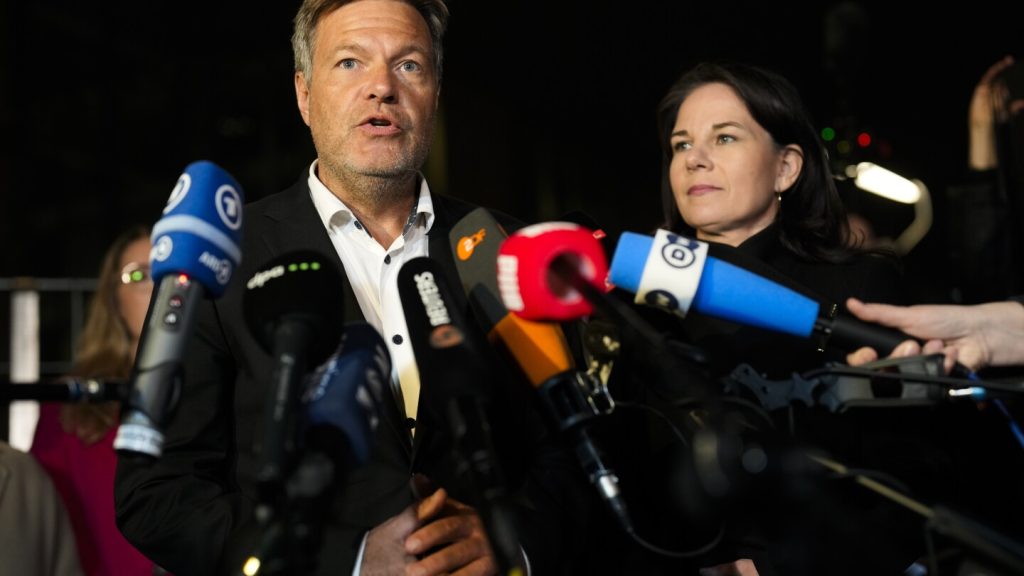The economy minister of Germany, Robert Habeck, announced his intention to become the Green Party’s candidate for chancellor in the upcoming election. This follows the collapse of Chancellor Olaf Scholz’s three-party coalition. The Greens, a small party with around 10% support, have seen a decline in popularity in recent elections. However, Habeck’s candidacy signals the preparation of German politicians for an early election after the coalition’s collapse. Habeck stated in a video that he is applying as a candidate for the Greens and potentially as chancellor, but the decision ultimately lies with the people of Germany.
There are discussions about the possibility of an early election by late March, before the regularly scheduled vote in September 2025. The opposition is urging for an immediate confidence vote in parliament to expedite the process. Industry leaders and stakeholders are emphasizing the need for a stable government in light of economic struggles and anticipated changes in leadership globally. Scholz has expressed his willingness to discuss the timing of a confidence vote and subsequent new election, engaging with various groups in the German Bundestag and constitutional bodies to consider different perspectives.
Habeck is aiming to be nominated as the Green Party’s candidate for chancellor at a party conference in Wiesbaden next week. With Foreign Minister Annalena Baerbock ruling out a candidacy for chancellor, Habeck seems to have few serious contenders within his party. Germany has been governed by a coalition led by the Social Democrats under Scholz since 2021, which also included the Free Democrats and the Greens. With the alliance facing tensions and disagreements, it ultimately collapsed when Scholz dismissed Finance Minister Christian Lindner over economic recovery strategies. Scholz has proposed leading a minority government and calling for a confidence vote in parliament in mid-January.
The political landscape in Germany is undergoing significant shifts as leaders positions themselves for a potential early election. The decision by Habeck to seek the Green Party’s candidacy for chancellor underscores the uncertainty and the need for stable governance. As consultations and discussions continue regarding the timing and logistics of a confidence vote, the country is bracing for potential changes in leadership. With the economy facing challenges and Europe preparing for transitions in the United States, the urgency for a resolution and a new government is growing. The coming weeks will be crucial in shaping the political future of Germany and determining who will lead the country in the upcoming election.















